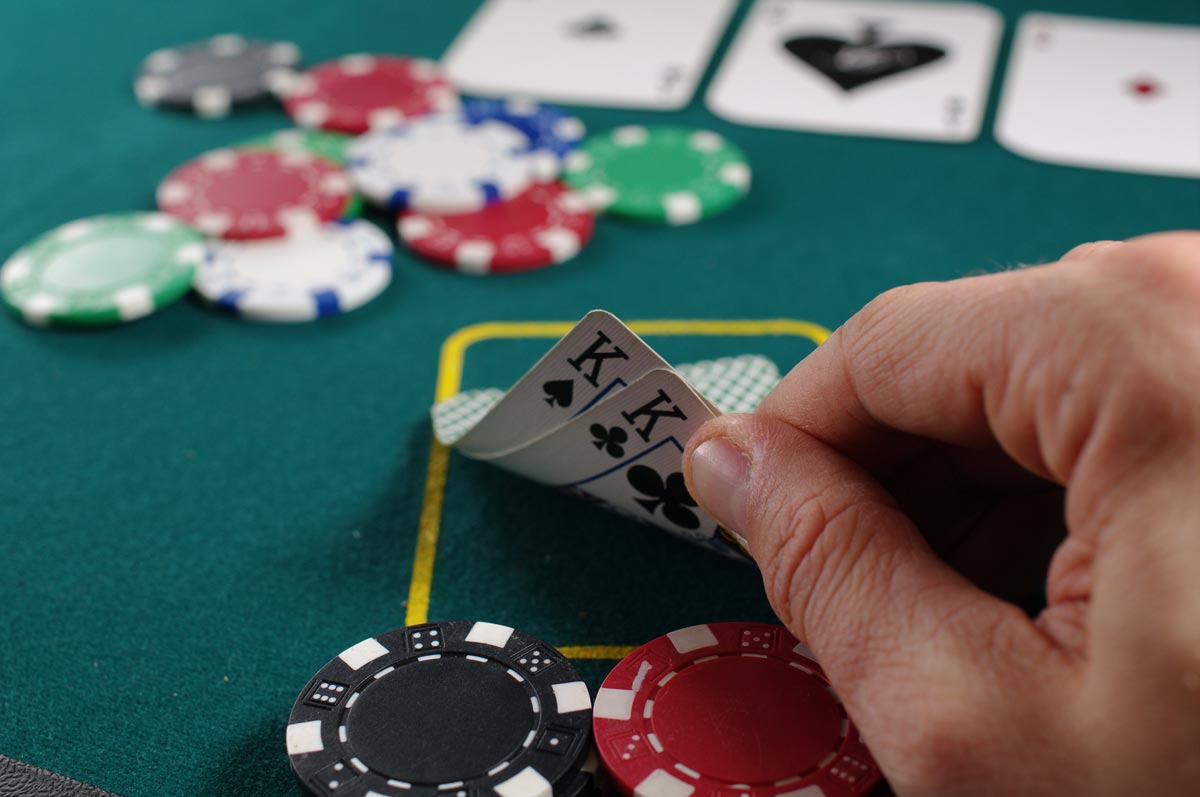
Men with gambling addictions are more likely than their peers to have experienced childhood traumas, and treatment needs to address this underlying stressor, according to a new study published in the journal Addictive Behaviors.
Roughly 23 percent of study participants reported witnessing violence in the home and 9 percent suffered physical abuse in their childhood homes, noted researchers. Less than 4 percent of non-problem gamblers, on the other hand, were abused and 8 percent witnessed violence.
The link between gambling and substance abuse has been long-studied and researchers also found several other mental health risk factors, including:
- 35 percent of pathological gamblers had serious financial problems.
- 29 percent had been convicted of a crime.
- 20 percent had lost relationships.
“The findings add to growing evidence linking stressful life experiences to the development of addictions,” said Julia Poole, a researcher at the University of Calgary in Canada, told Reuters Health. “This means that enhancing effective emotional regulation strategies among gamblers who report a history of childhood adversity may help gamblers utilize more-effective coping strategies and live a life free from their addictions.”
Compulsive Gambling: The Signs
Problem gambling is often referred to as the “hidden addiction,” notes the New York Council on Problem Gambling (NYCPG). This is because, unlike alcohol or drug abuse, there are rarely outward signs or physical symptoms. The NYCPG says answering yes to many of the following questions may indicate that gambling has become or is becoming a problem for you or someone you love:
- Are you or a loved one haunted by bill collectors?
- Do you or a loved one gamble to escape worry, boredom or trouble?
- Do thoughts of gambling disrupt your sleep?
- Do you or a loved one ever gamble longer than originally planned?
- Do arguments, disappointments or frustrations cause you or a loved one to gamble?
- Do you or a loved one celebrate good times with gambling?
- Have you ever had self-destructive thoughts because of problems resulting from gambling?
- Have you or a loved one lost time from work or school due to gambling?
- Do you hide the rent/mortgage or food money because your spouse, partner or other family member gambles it away?
- Do you or a loved one borrow money to finance gambling or to pay back gambling debts?
- Does your spouse, partner or other loved one promise faithfully that she or he will stop gambling, yet continues to gamble?
- Have you noticed a personality change in a loved one as his or her gambling has progressed?
- Is your spouse, partner or other loved one away from home or unavailable to the family of long periods of time due to gambling?
Getting the Help You Need
If you are showing signs of gambling addiction and a substance use disorder, it’s important to know that help is out there. At 10 Acre Ranch, our counselors, social workers and addiction specialists can develop a personalized dual diagnosis treatment plan to help you manage both addictions. To learn more, call today: 877-228-4679.






